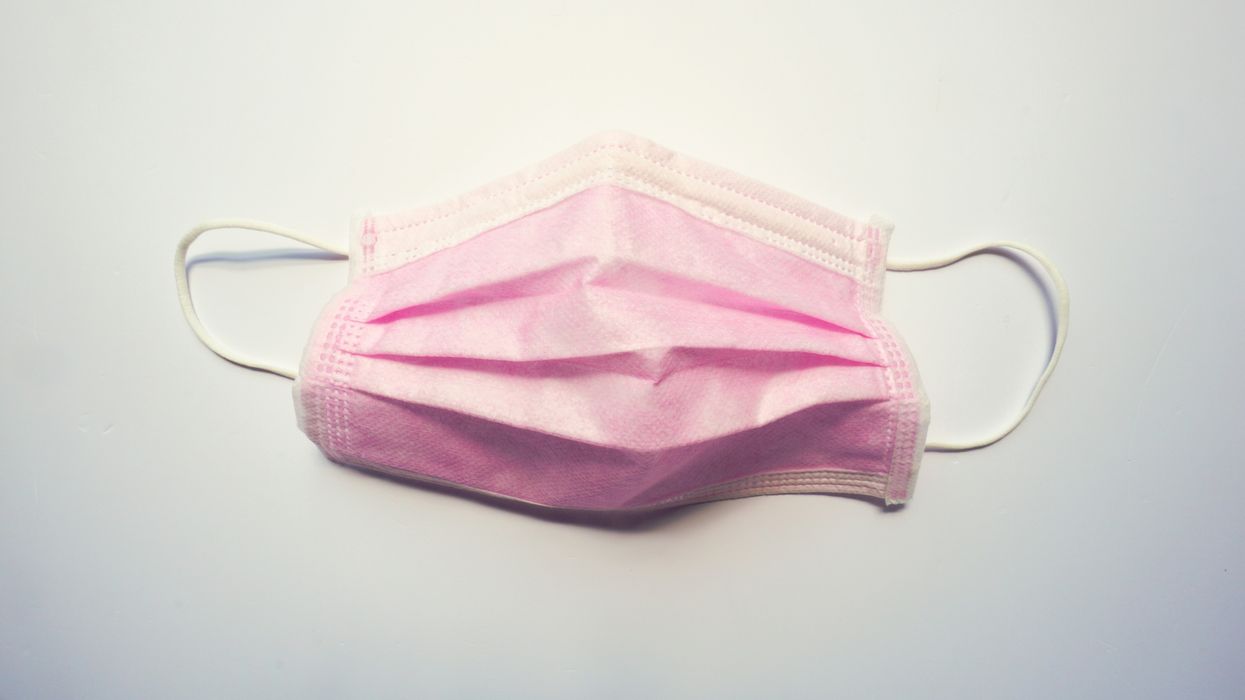Summer is here! Time for fun in the sun! Pools, beaches, and dehydration. Dehydration occurs when your body loses more fluids than it takes in, leading to a lack of sufficient water and other fluids to carry out normal bodily functions. It can affect anyone, but it is especially dangerous for young children, older adults, and people with chronic illnesses. Understanding the risks of dehydration and how to respond is crucial for maintaining good health.
The Risks and Symptoms of Dehydration
Dehydration can have serious health consequences, ranging from mild to severe. Common symptoms include:
- Thirst and dry mouth
- Dark yellow urine
- Fatigue and dizziness
- Confusion or irritability
- Dry skin and sunken eyes
In severe cases, dehydration can lead to heatstroke, kidney failure, seizures, and even death .
Causes of Dehydration
Dehydration can result from various factors, including:
- Insufficient water intake: Not drinking enough water throughout the day, especially during hot weather or exercise.
- Illness: Conditions like diarrhea, vomiting, and fever increase fluid loss.
- Excessive sweating: High temperatures and physical activity can lead to significant fluid loss.
- Certain medications: Diuretics and some blood pressure medications can cause increased urination, leading to dehydration .
Preventing Dehydration
Preventing dehydration involves ensuring you consume enough fluids daily. Here are some strategies:
- Drink water regularly: Aim for at least eight 8-ounce glasses of water a day, more if you are active or in hot climates.
- Consume hydrating foods: Fruits and vegetables like watermelon, cucumber, and oranges have high water content.
- Monitor your fluid intake: Pay attention to the color of your urine. Light yellow indicates adequate hydration, while dark yellow suggests you need more fluids.
- Adjust for activity and weather: Increase fluid intake during exercise and hot weather to compensate for the additional fluid loss .
Responding to Dehydration
If you suspect you or someone else is dehydrated, take the following steps:
- Increase fluid intake: Drink water, oral rehydration solutions, or sports drinks to replace lost fluids and electrolytes.
- Rest in a cool environment: Move to a shaded or air-conditioned area to reduce body temperature and prevent further fluid loss.
- Seek medical attention: For severe dehydration symptoms like confusion, fainting, or no urination for eight hours, contact a healthcare provider immediately .
Dehydration is a preventable condition that can have serious health consequences if not addressed promptly. By understanding the risks, recognizing the symptoms, and knowing how to prevent and respond to dehydration, you can protect your health and the health of those around you.
References
- "Dehydration and Heatstroke," Mayo Clinic, accessed July 10, 2024, Mayo Clinic
- "Dehydration," Cleveland Clinic, accessed July 10, 2024, Cleveland Clinic
- "Water, Hydration and Health," Nutrition Reviews, accessed July 10, 2024, Nutrition Reviews
- "Understanding Dehydration," WebMD, accessed July 10, 2024, WebMD
- "Hydration for Athletes," Gatorade Sports Science Institute, accessed July 10, 2024, GSSI
- "Hydrating Foods," Healthline, accessed July 10, 2024, Healthline
- "Oral Rehydration Therapy," World Health Organization, accessed July 10, 2024, WHO
- "Managing Severe Dehydration," American Heart Association, accessed July 10, 2024, AHA


















